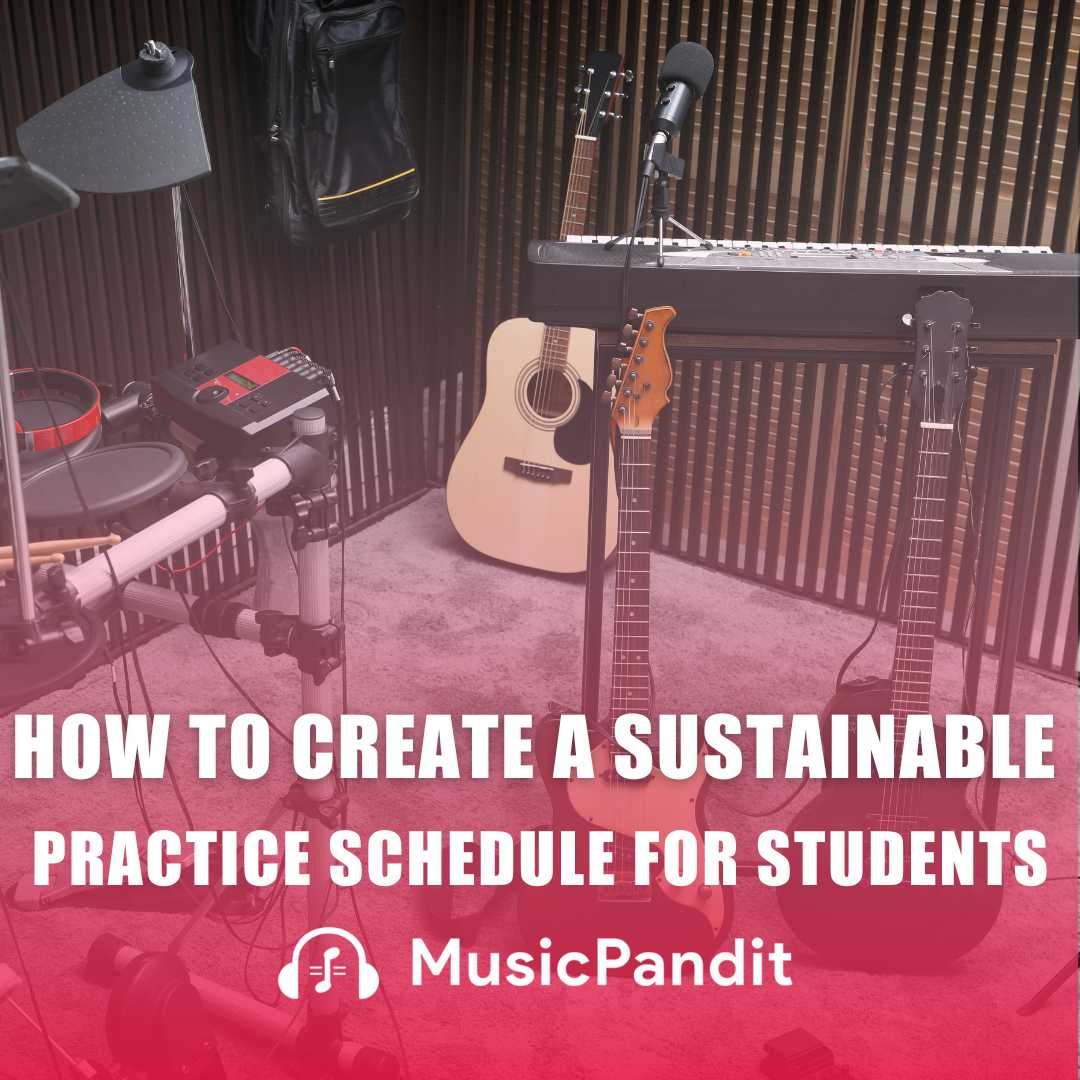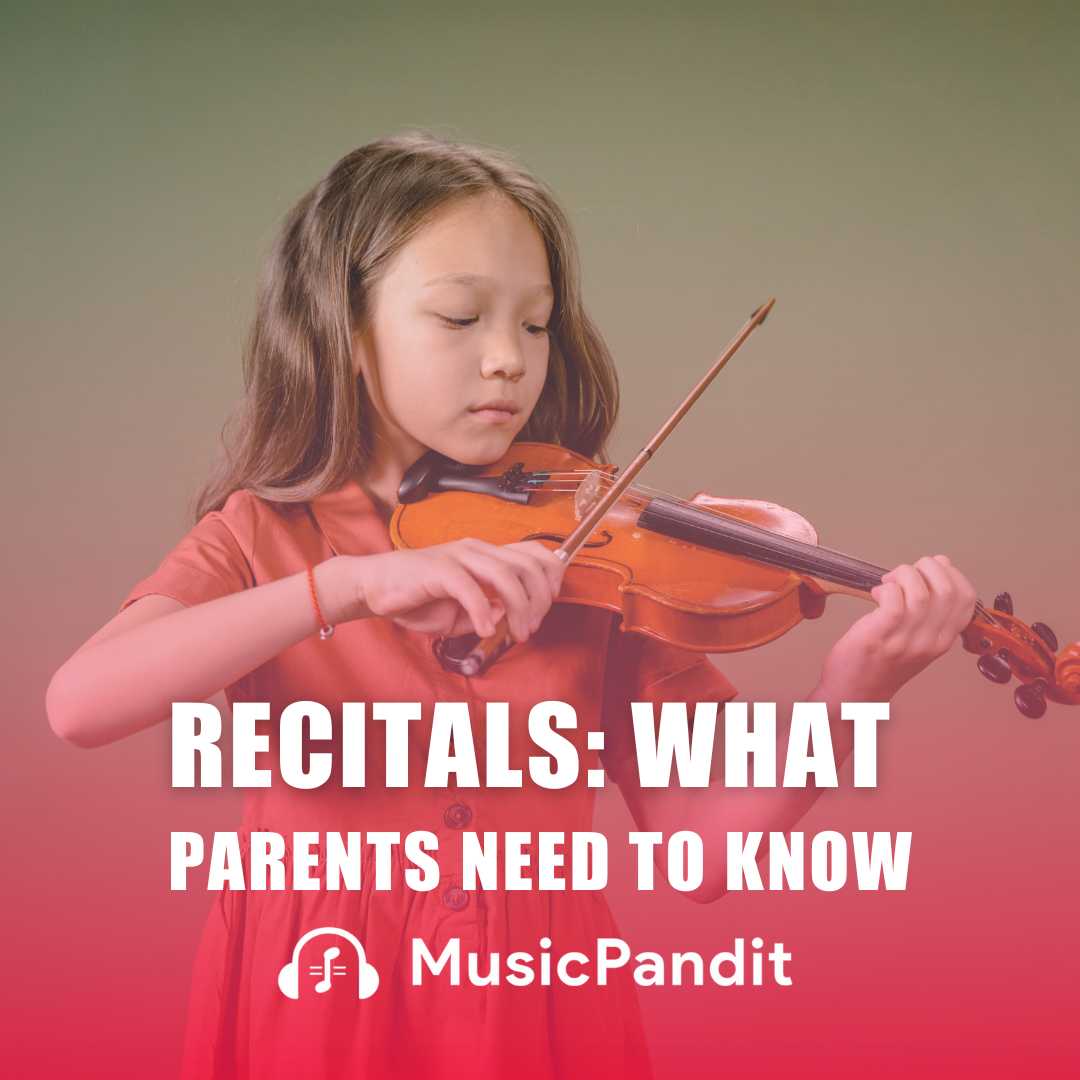Let’s get straight to the point! For children, engaging in music, especially through vocal music classes, offers a range of developmental benefits that go far beyond just learning how to sing. Whether your child aspires to become a singer or you’re simply looking for an enriching extracurricular activity, vocal music classes can play a pivotal role in their growth.
How? We’ll explore the top reasons why enrolling your child in vocal music classes is an excellent decision. We will focus on a few of the important areas such as cognitive, emotional, social, and creative aspects.
The Power of Music in a Child’s Life
Well, from lullabies to nursery rhymes, music often plays a crucial role in early childhood development. More significantly, music has an incredible influence on children from emotional expression to cognitive growth. While the benefits are immense, singing is one of the most common ways for children to engage with music.
That being said, it is worth investing in vocal classes for your child. Vocal music classes not only help build a solid foundation by fostering skills that aid in a child’s personal and academic growth but it also improves a child’s mental agility, emotional intelligence, and self-confidence. Let’s explore the various benefits of vocal music lessons in detail and see how they can enhance your child’s life.
Cognitive Development: Boosting Brain Power
One of the most significant benefits of vocal music classes is the boost to cognitive development. Studies show that learning music enhances areas of the brain associated with memory, attention, and language skills. When children engage in vocal lessons, they learn to read sheet music, understand musical concepts like pitch, rhythm, and tempo, all of which stimulate different parts of the brain.
Children who take vocal music classes often excel in academic subjects like mathematics and reading. The patterns and structures they learn in music training mirror problem-solving strategies used in these subjects. Music also improves memory retention.
Learning to sing in a formal class requires focus and discipline, which help improve a child’s ability to concentrate in school. Music classes further provide the tools to boost critical thinking, logical reasoning, and attention to detail, making students more adept in their studies.
Confidence and Self-Expression
Music, especially singing, provides an outlet for emotional expression. Vocal music classes give children the space to express themselves creatively, improving their emotional well-being and boosting their self-esteem. When kids learn to control their voice and perform, they experience a sense of achievement that instil confidence.
Performing in front of an audience, whether in a class recital or a talent show, helps children overcome fear and anxiety associated with public speaking or performing. As they grow more comfortable with their voice, they develop the courage to express themselves freely. This confidence spills over into other aspects of their lives, such as academic presentations or social interactions.
Communication and Teamwork
Vocal music classes offer children a unique opportunity to develop strong social skills. This is seen specifically in group lessons. In such a setup, students collaborate with peers, learning the importance of teamwork. Whether it’s harmonising with others or performing in an ensemble, singing with a group teaches children how to listen, communicate, and adjust their approach for the collective goal.
Alternatively, voice lessons enhance more than just musical ability. They also improve articulation, diction, and tone, which are key components of effective communication. Thus, children who engage in vocal training tend to become better public speakers and more articulate individuals.
Singing also helps children become more in tune with their emotions and those of others. Many vocal exercises involve conveying emotions through songs, allowing children to empathise with different perspectives and feelings. This heightened emotional intelligence translates into improved social interactions and stronger personal relationships.
Discipline and Patience: Life Skills Learned Through Practice
Mastering any skill takes time, dedication, and practice—vocal music is no exception. Voice lessons teach children the value of patience, self-discipline, and hard work. Regular practice builds perseverance, as students must work on improving their range, pitch, and control over time. This sense of responsibility and dedication is essential for both their musical journey and other life pursuits.
When children commit to regular practice, they develop a strong work ethic. Vocal training often includes repetition of scales, exercises, and songs, which teaches children how to break tasks into manageable steps and how persistence pays off. This work ethic can extend to their academic studies and future careers.
Creativity and Imagination: Fostering Artistic Expression
Music, at its core, is an art form that encourages creativity and self-expression. Vocal lessons allow children to explore their creative potential, whether through improvisation, interpreting lyrics, or creating their own melodies. This creative outlet is essential for their emotional and intellectual development.
Through singing, children can further discover their own artistic voice. Vocal music classes allow them to experiment with different genres, styles, and techniques, sparking curiosity and imagination. This freedom to explore helps children develop innovative thinking, which can positively impact problem-solving in other areas of their life.
Physical Benefits: Health and Well-being
Singing offers various physical benefits as well. Voice training helps improve breathing techniques, posture, and lung capacity, contributing to overall physical well-being. Many vocal exercises are designed to strengthen the diaphragm and encourage proper breathing, which can lead to better respiratory health.
Additionally, learning how to control breath through singing has a calming effect, promoting relaxation and reducing stress. Children who practise proper vocal techniques often show improved posture and increased lung capacity, which is beneficial for overall physical health.
Fun and Enjoyment: The Joy of Singing
At the heart of vocal music classes is the simple joy of singing. Children have fun exploring their voices, experimenting with new songs, and expressing themselves through music. The enjoyment they find in vocal lessons helps foster a lifelong love of music, encouraging them to continue their musical journey.
Children who experience the joy of singing at a young age are more likely to pursue music as a lifelong hobby or even a career. The fun and excitement they feel during lessons motivate them to keep learning, growing, and honing their musical abilities.
Conclusion: A Well-Rounded Developmental Experience
Enrolling your child in vocal music classes is an investment in their holistic development. From cognitive and emotional growth to social and physical benefits, the advantages of learning to sing go far beyond the music itself.
Whether your child dreams of becoming a professional singer or simply enjoys expressing themselves through song, vocal music classes offer a wide range of benefits that will enrich their life.















